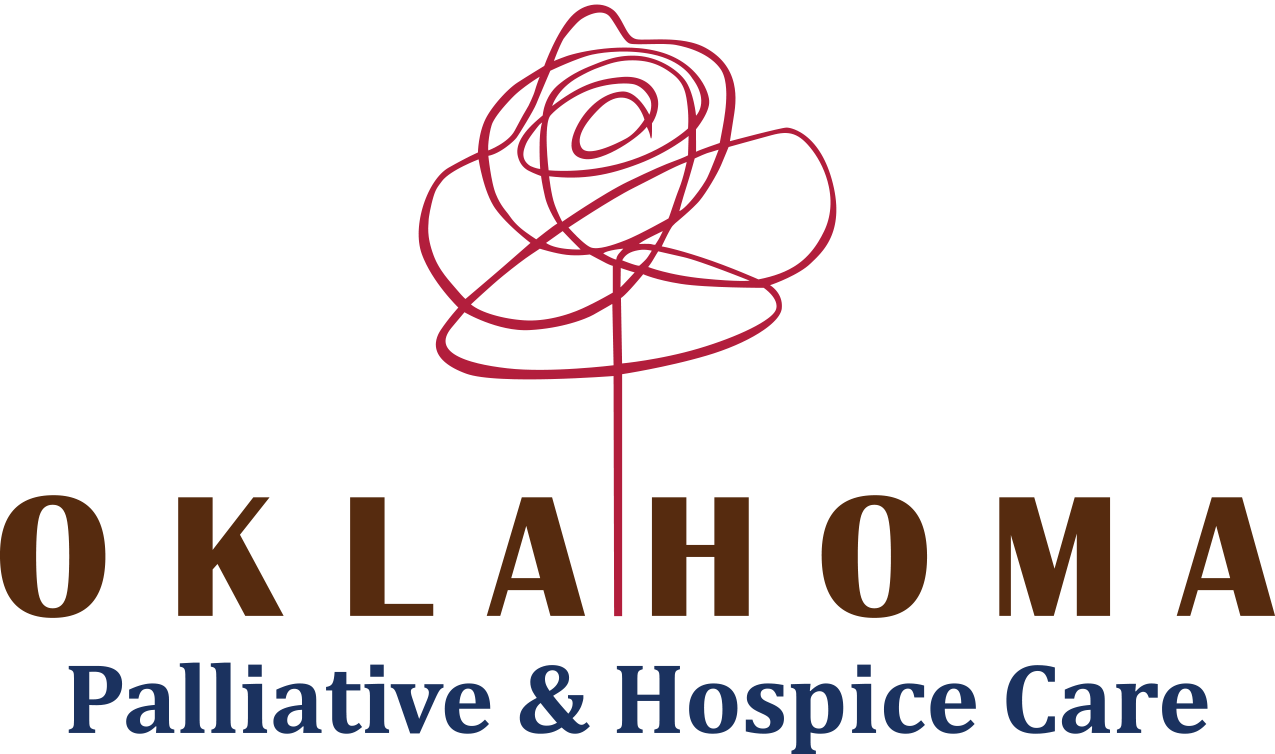Do you have a loved one in Oklahoma who is suffering from a terminal illness? If you do, then you may be considering hospice care for them.
The first question many people have is: how do I qualify for hospice care in Oklahoma? In this article, we’ll answer that question and more.
What Is Hospice Care?
Hospice care is a special kind of care that focuses on pain management and comfort for patients who are expected to die within six months. Hospice aims to help patients live as comfortably as possible until they pass away naturally.
Hospice care is also a wellness program that helps you and your family feel less stressed and more at peace when caring for a loved one who is terminally ill. In addition, the hospice team can help with end-of-life planning, pain management, counseling, and other vital services.
Who Should Consider Hospice Care?
If your loved one has an advanced illness—such as cancer or heart disease—and is expected to die within six months, they may be eligible for hospice care.
You should also consider hospice if your loved one has received medical treatment, but their condition hasn’t improved or worsened over time.
What if you’re not sure if your loved one qualifies for hospice care? Here are some of the most common issues that people run into when trying to qualify for hospice services:
1. Does my loved one have to be terminal?
2. Do they have to be homebound?
3. Will I need to pay for this service?
Hospice is most commonly provided in the patient’s home by a team of professionals, but it can also be provided in a nursing home or assisted living facility. If your doctor recommends that you receive home health care services, then this may indicate hospice is the right choice for you and your family.
How Do You Qualify for Hospice Care in Oklahoma?
Hospice care is available to anyone diagnosed with a terminal illness and who meets certain criteria. The most important part of qualifying for hospice care is having an end-of-life diagnosis from your doctor—that is, the doctor has given you an estimated time frame for when they think you will pass away.
In addition to that diagnosis, there are other factors that can make you eligible for hospice care in Oklahoma:
- You must have Medicare Part A and B benefits. If you do not have Medicare benefits, check with your local social services office to see if they offer alternative programs.
- You must live within the service area of a hospice provider. The Oklahoma Palliative & Hospice Care service areas are shown in this website’s footer.
- You have shown signs of decisional capacity and have expressed interest in receiving hospice care.
Medicare covers hospice services if you meet specific criteria:
- You have a terminal illness that can’t be cured or treated
- You have six months or less to live (but not all hospice care providers require this)
- You’re enrolled in Medicare Part A or B
If you’re not sure whether or not you qualify for hospice care, here are three things you can do to find out:
- Ask your doctor. Hospice is often used to manage pain and symptoms in the final stages of a terminal illness. If you’ve been diagnosed with a terminal illness and want to know if hospice is right for you, check in with your doctor first. They’ll be able to tell you what kind of care they recommend, and if they think it’s time for hospice, they’ll help you learn more about how it works.
- Call your insurance provider. Hospice is covered under Medicare and most private health plans at little or no cost to patients (though there may be co-pays). Some states also offer special benefits for people who qualify for hospice services. Check on this with your insurance provider before signing up; they’ll be able to tell you what’s covered through their plan and how much it will cost.
- Visit the website of The National Hospice & Palliative Care Organization (NHPCO). They have detailed information about hospice care and how it fits into end-of-life management; it’s good to know what options are available.
Please get in touch with us if you have any questions regarding qualifying for hospice care in Oklahoma.

